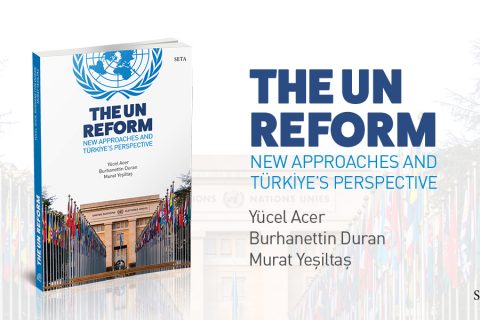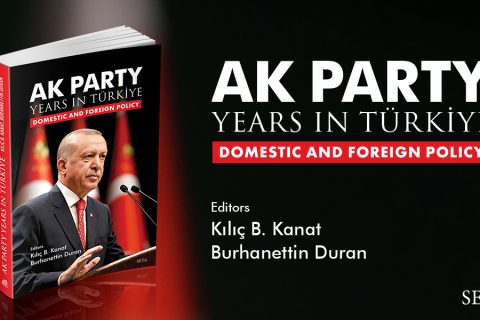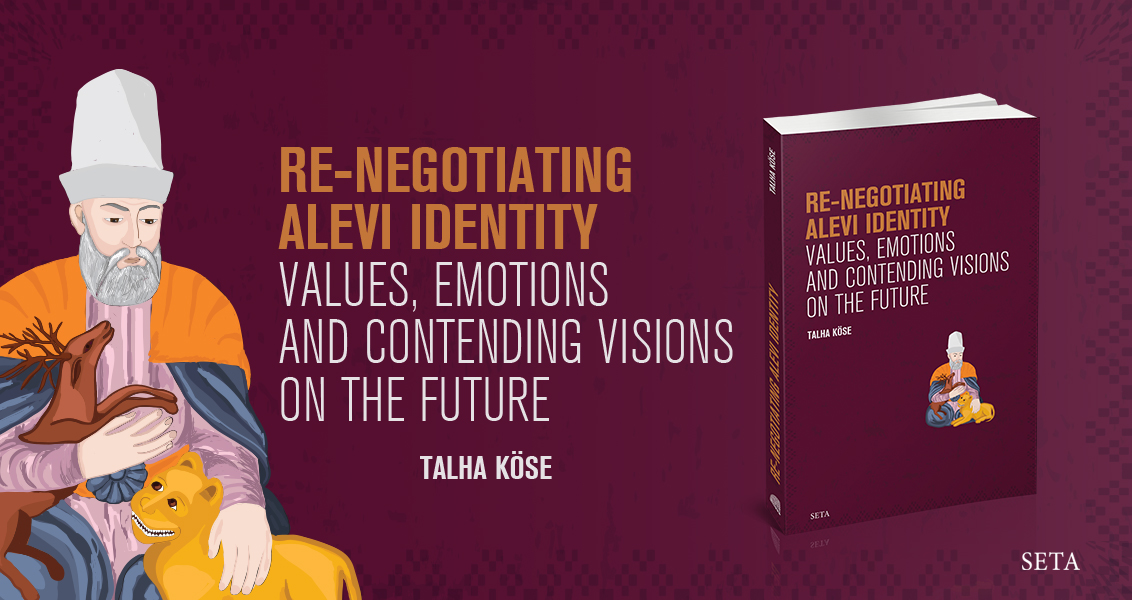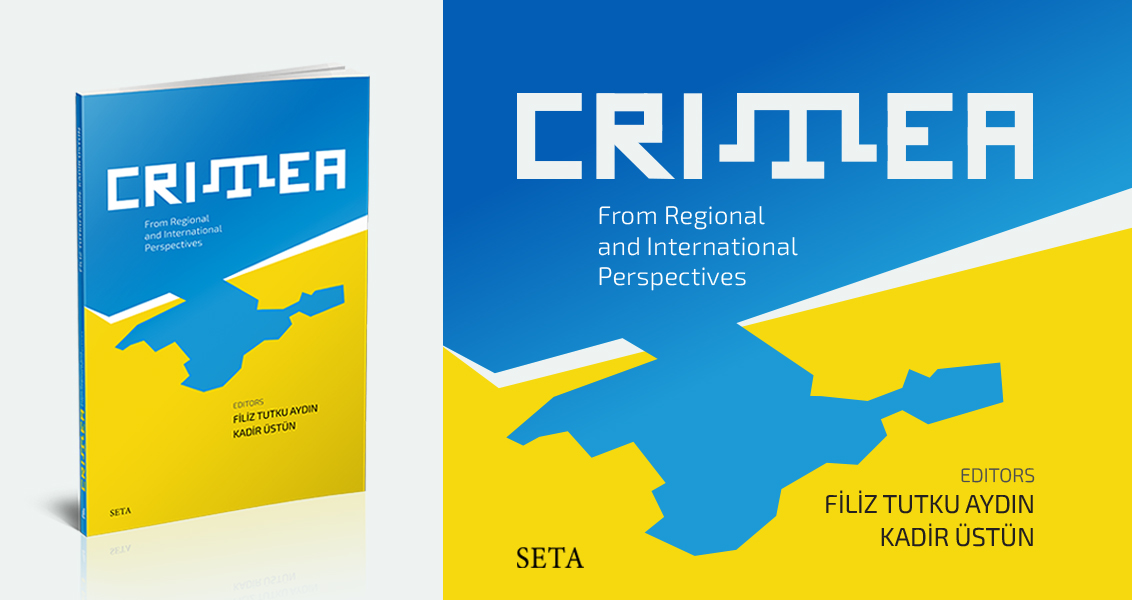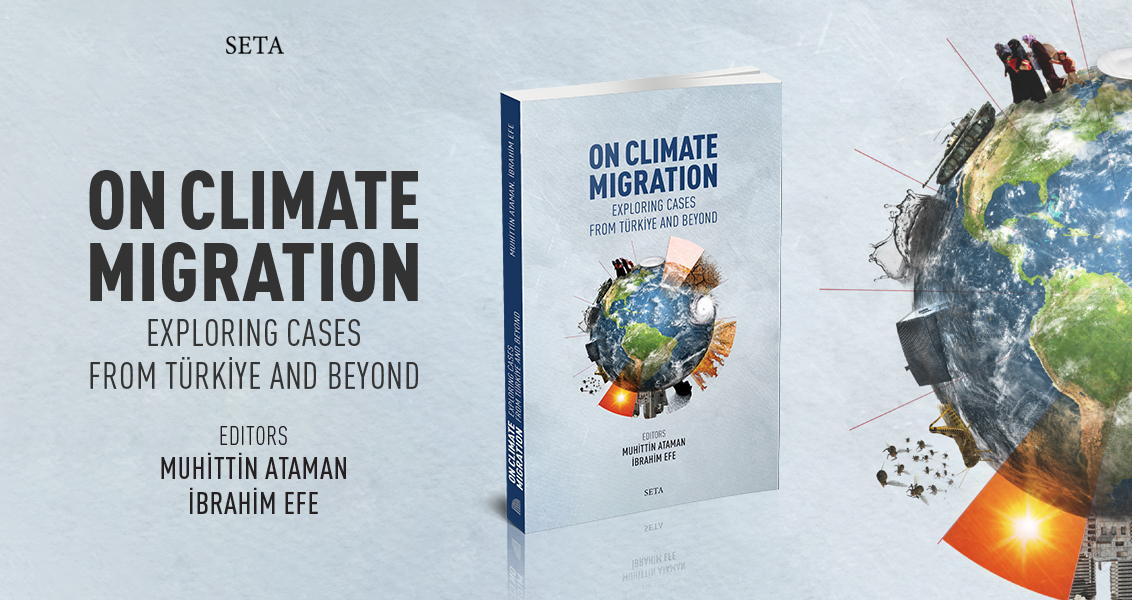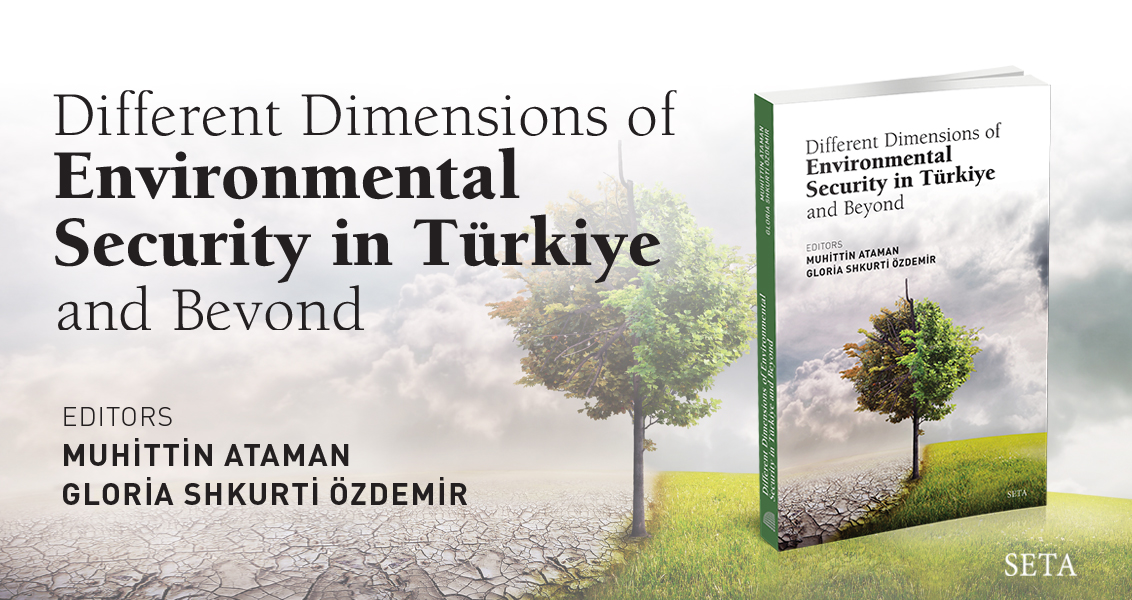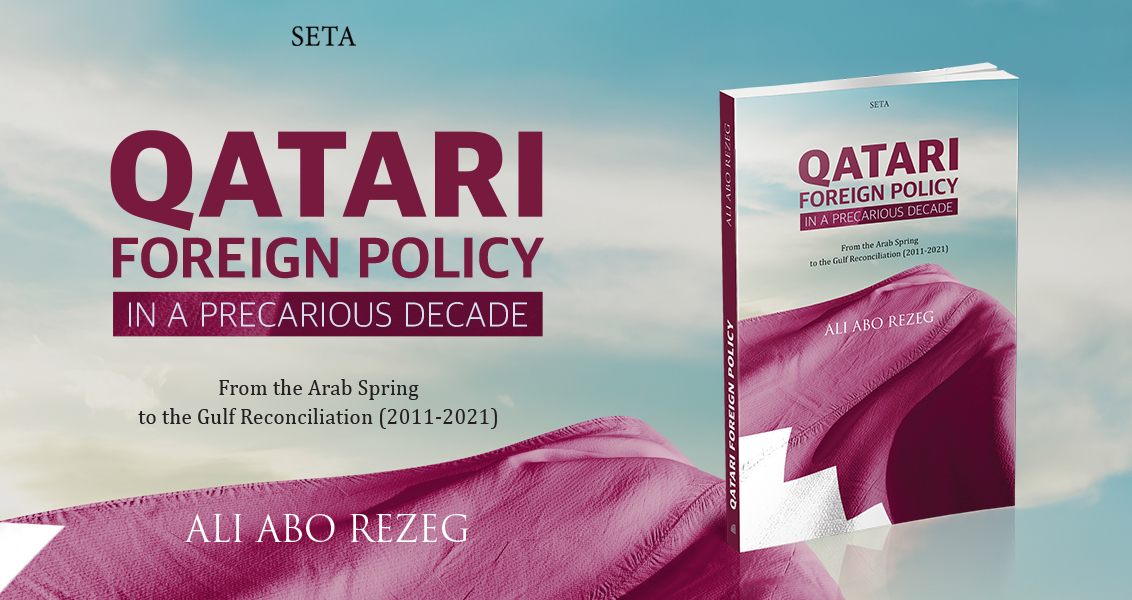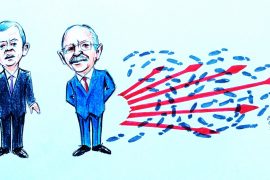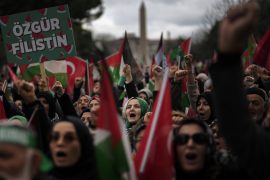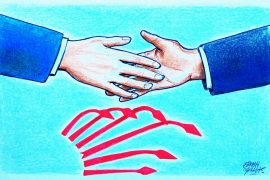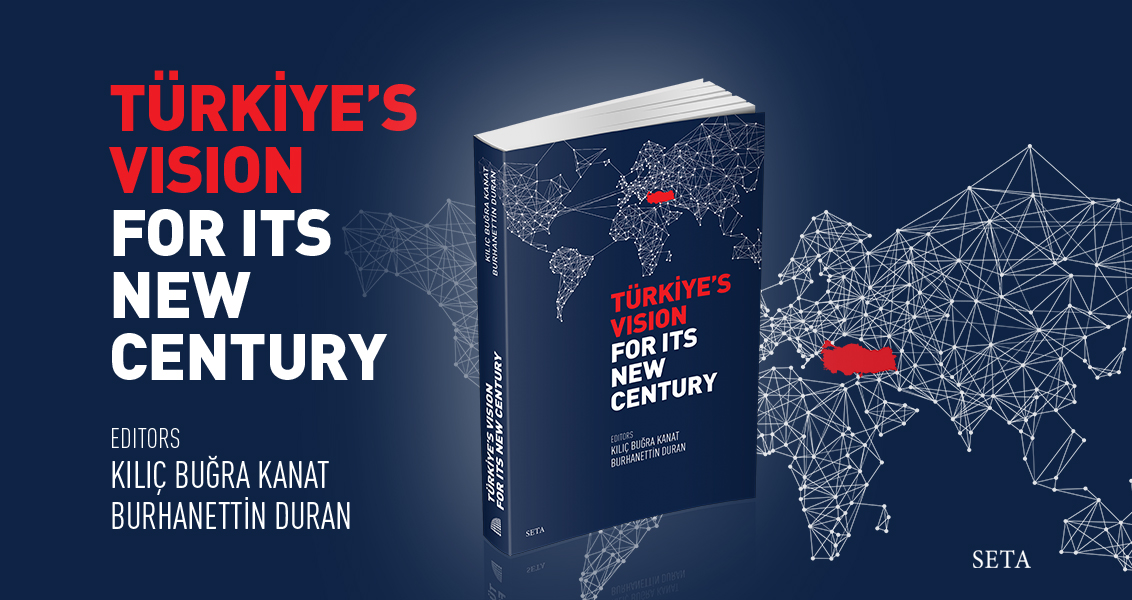
Türkiye’s Vision for Its New Century
| BookTürkiye has made significant advancements in its defense technology and capabilities which are essential in the face of threats posed by various terrorist organizations and the security risks from conflicts near its borders. Türkiye’s regional and global significance has also grown, as it strives for “a fairer world” where human rights, freedom, and dignity are upheld without discrimination, in line with the principles of the Universal Declaration of Human Rights. As President Erdoğan once declared, Türkiye’s “responsibility extends beyond securing our own safety and prosperity. Our strength lies in our resources, actions, and the aid we provide to the afflicted and oppressed worldwide, beginning with our immediate surroundings”. As such, the Century of Türkiye addresses a broad spectrum of domestic and international challenges, aiming for a future where Türkiye stands as a democratic, secure, and prosperous nation, exerting a constructive and influential role on the global stage.
-
Book
Türkiye’s Vision for Its New Century
By Burhanettin Duran By Kılıç Buğra KanatTürkiye has made significant advancements in its defense technology and capabilities which are essential in the face of threats posed by various terrorist organizations and the security risks from conflicts near its borders. Türkiye’s regional and global significance has also grown, as it strives for “a fairer world” where human rights, freedom, and dignity are upheld without discrimination, in line with the principles of the Universal Declaration of Human Rights. As President Erdoğan once declared, Türkiye’s “responsibility extends beyond securing our own safety and prosperity. Our strength lies in our resources, actions, and the aid we provide to the afflicted and oppressed worldwide, beginning with our immediate surroundings”. As such, the Century of Türkiye addresses a broad spectrum of domestic and international challenges, aiming for a future where Türkiye stands as a democratic, secure, and prosperous nation, exerting a constructive and influential role on the global stage.
-
Book
The UN Reform
By Yücel Acer By Burhanettin Duran By Murat YeşiltaşThis book brings together some analyses of UN reform proposals in general and some proposals that come from the states that form regional groups to reflect their commonalities and communalities in the process.
-
Book
AK Party Years in Türkiye | Domestic and Foreign Policy
By Kılıç Buğra Kanat By Burhanettin DuranThe AK Party years in Türkiye have been truly transformational. When the party was established in 2001, the country was going through major economic and political crises. Today, under the leadership of President Erdoğan, Türkiye is a middle power with serious global ambitions. In the nearly two decades since its inception, the AK Party has been confronted with major domestic and foreign policy challenges. At home, major improvements in religious freedoms, ethnic relations, and cultural rights have been realized. Abroad, Türkiye has emerged as a major power to reckon with in the region while playing a role as a critical partner in global issues. From tackling the Kurdish issue to daring to take on authoritarian regimes during the Arab Spring, the AK Party under President Erdoğan’s leadership has already left the most significant mark on Turkish modern political history. This volume addresses the domestic and foreign policy transformations in Türkiye that took place over the course of the past two decades under the AK Party
-
Re-Negotiating Alevi Identity | Values, Emotions and Contending Visions...
By Talha KöseThis book investigates the transformation and the politicization of Alevi identity within the social and political context of post-1980 Türkiye. This study specifically focuses on the role of collective emotions and values in forming and transforming Alevi identity.
-
Crimea | From Regional and International Perspectives
By Filiz Tutku Aydın By Kadir ÜstünWe hope that this edited volume will highlight some critical turning points and moments of failure by the international community in the wake of Russia’s annexation of Crimea. It should also inform any policy considerations regarding the status of Crimea as well as a potential future settlement of the conflict between Ukraine and Russia. The conflict may be a protracted one but the prospects for peace, we hope, will emerge sooner rather than later.
-
On Climate Migration Exploring Cases from Türkiye and Beyond
By Muhittin Ataman By İbrahim EfeThe edited volume combines two broad objectives. First, it intends to present an alarming and innovative perspective on climate change through case studies from around the world. Second, it will provide a new perspective on migration from the perspective of global and regional dynamics that force people to migrate. With a special emphasis on Türkiye’s climate change policy and its organizational capacity to meet new challenges that have emerged, especially after its successful response to the massive influx of Syrian refugees, the edited volume overall aims to inspire international organizations and governments to find long-term solutions to this dynamic process.
-
Different Dimensions of Environmental Security in Türkiye and Beyond
By Muhittin Ataman By Gloria Shkurti ÖzdemirThis book aims to present different dimensions of environmental security and their impact on international politics. Well-known scholars from Turkey and abroad reflected on recent trends on environmental security and at the same time the environmental policies of several actors, with a special attention on Türkiye.
-
Qatari Foreign Policy in a Precarious Decade
By Ali Abo RezegThis book is a bid to analyze the Qatari proactive foreign policy in the precarious decade of 2011-2021, which commenced with the protests that hit several Arab capitals and ended with the Gulf reconciliation that put an end to the three and a half years of the Gulf row.

